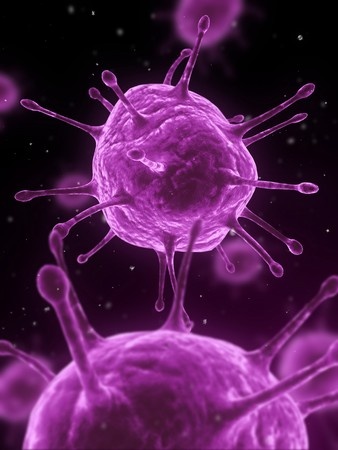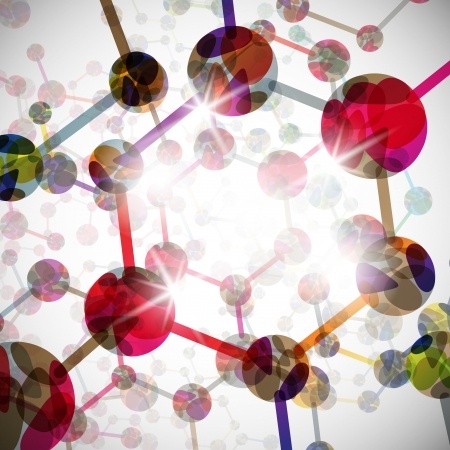Smelly hands, caffeine and cholesterol, ultra-cold, Einstein and Pluto might be a planet again. What more could you ask of SciNews? This eclectic collection of current science news is brought to you every Monday and Thursday. Stay tuned for more.
 Biology
Biology
Nice to sniff you: Handshakes may engage our sense of smell. Science
Why do people shake hands? A new study suggests one of the reasons for this ancient custom may be to check out each other’s odors. Even if we are not consciously aware of this, handshaking may provide people with a socially acceptable way of communicating via the sense of smell. People sniff their hands twice as much after a handshake. Read more…
Report offers stimulating recommendation on coffee. Science News
A new round of dietary do’s and don’ts accompanied last month’s scientific report on the latest food research, summarizing everything from aspartame to saturated fats. The report puts eggs back on the menu. High dietary cholesterol is no longer linked to blood cholesterol in most healthy people. But what grabbed the headlines? Coffee, of course. Read more…
Chemistry
Sniffing out origins of methane: instrument identifies methane’s origins in mines, deep-s ea vents, and cows. Science Daily
ea vents, and cows. Science Daily
Methane is a potent greenhouse gas, second only to carbon dioxide in its capacity to trap heat in Earth’s atmosphere for a long time. The gas can originate from lakes and swamps, natural-gas pipelines, deep-sea vents, and livestock. Understanding the sources of methane, and how the gas is formed, could give scientists a better understanding of its role in warming the planet. Read more…
Ultracold-Resistant Chemical on Titan Could Allow It to Harbor Life. Scientific American
Astrobiologists and planetary scientists have a fairly good idea of which chemicals might indicate the presence of oxygen-breathing, water-based life—that is if it is like us. When it comes to worlds such as Saturn’s moon Titan, however, where temperatures are too cold for aqueous biochemistry, it’s much harder to know which chemicals could signal the existence of hydrocarbon-based life. Read more…
Physics
Einstein put to the test: Satellite mission on dark energy and theory of gravitation. Science Daily
Physicists have gained new insights into dark energy and the theory of gravitation by analyzing data from the “Planck” satellite mission of the European Space Agency (ESA). Their results demonstrate that the standard model of cosmology remains an excellent description of the universe. Yet when the Planck data is combined with other astronomical observations, several deviations emerge. Further studies must determine whether these anomalies are due to measurement uncertainties or undiscovered physical correlations, which would also challenge Einstein’s theory of gravitation. Thus, the analysis of the Planck data gives major impetus for research during future space missions. Read more…
Earth and Space Science
Flood and drought risk to cities on rise even with no climate change. Science Daily
A heads-up to New York, Baltimore, Houston and Miami: a new study suggests that these metropolitan areas and others will increase their exposure to floods even in the absence of climate change. Read more…
Pluto a Planet Again? It May Happen This Year. Discover
Ceres is the largest object in the asteroid belt, and NASA’s Dawn spacecraft will arrive there on March 6.Pluto is the largest object in the Kuiper belt, and NASA’s New Horizons spacecraft will arrive there on July 15. These two events will make 2015 an exciting year for solar system exploration and discovery. But there is much more to this story than mere science. I expect 2015 will be the year when general consensus, built upon our new knowledge of these two objects, will return Pluto and add Ceres to our family of solar system planets. Read more…



